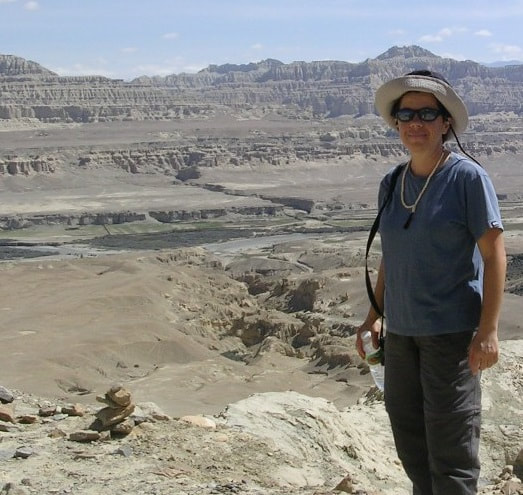|
I’ve been using the word shush a lot, lately. It’s regularly interspersed with please don’t talk all at once and an exasperated plea to stop talking! I’ve even resorted to bell ringing in a futile effort to silence the group of teenagers babbling simultaneously at high volume. They still ignore me, though. It’s the third year I’ve been running a public speaking course at the local high school, and of course, the students are encouraged to speak up. One at a time, that is. Another key cornerstone of the Toastmasters program is listening, although this is a new concept for some teenagers. And while a few of them are visibly nervous about speaking in front of their peers, they don’t hesitate to shout across the room from the safety of a seated position. They’re especially vocal about why we invite their parents to the graduation night. If I could just channel that exuberance into their speech efforts… This year’s group seems especially unruly. Perhaps it’s the heightened effects of the Gen Y gap; although I suspect Monday’s full moon (and partial lunar eclipse) had something to do with their rowdy behavior last week. Now, before you discount this theory as lunacy – which, by the way, comes from the Latin word for moon - consider these informal observations of different groups during the past two years: on several occasions while pondering I wonder what’s gotten into these students today, I noticed our class session was 1-2 days before the full moon. Here are some more observations: Full moon madness • Hospital accident and emergency units see about 10% more patients • Significant increase in medical consultations after the full moon • Dramatic rise in admissions to psychiatric hospitals • Animals are more restless and unruly during a full moon Source: Wicca spirituality Apparently, lunar related behaviours were so widespread in Britain they created the 1824 Lunacy Act, which stated that people were liable to go mad when the moon was full. Not convinced? Just ask any mother with children. I wonder if there’s a similar Act for erratic animal behaviour? Consider Kitty, the upstairs-based feline, who deposited the remnants of a rodent head and intestines on the front door mat on Monday morning. Coincidence? Or just attention-seeking? Image: Exsodus www.FreeDigitalPhotos.net Y oh Y? When I taught English in Japan many years ago, my students were adults, ranging from businessmen to university students and housewives. They were dedicated, if somewhat reserved, and showed utmost respect to their sensei. Our English classes were orderly, quiet and peaceful. There was definitely no shush-ing or bell ringing. No one argued or challenged me, even when I accidentally finished class an hour early one day; they all dutifully filed out of the classroom as I handed out their homework. Fast forward to an Australian classroom in 2012: “Who wrote this?” “I did.” “Why?” “It’s feedback about your speech.” Or: “Miss, do I have to stand up when I talk?” “Yes, please.” “But we’re just wasting time having to stand up.” “No, you’re wasting time by interrupting and arguing with each other.” Or: “Miss, can we do the story game again?” “No, it’s time to practice impromptu speaking topics.” “But, Miss, we really like the story game.” Despite their brashness and rowdy behaviour, I’m amazed by their passion and vision. I’m left with a feeling of WOW with some of their speech presentations at the end of the eight-week course. The full moon just adds more lively interactions to our classroom sessions. What are your full moon experiences?
2 Comments
10/6/2012 04:44:51 am
I envy your capacity for concise illustrative expresion Hari...It's never 'Greek' to me...
Reply
Hari Kotrotsios
10/6/2012 06:32:26 am
That's why we're both writers, Bernie - we love the art of using words to great illustrative effect!
Reply
Your comment will be posted after it is approved.
Leave a Reply. |
 Portuguese Camino 2019 Portuguese Camino 2019
Travel blogs
New Zealand 2008 Tibet 2007 New Zealand 2006 Melbourne 2006 United Kingdom 2004 Athens Olympics 2004 Peru 2003 Beijing to Athens 1994 Nepal 1991 Categories
All
Archives
December 2019
|
|
I acknowledge the traditional Custodians of the land on which I work and live, the Gubbi Gubbi / Kabi Kabi and Joondoburri people, and recognise their continuing connection to land, the waters and sky. I pay my respect to them and their cultures; and to Elders past, present and emerging.
|
© 2024 HARI KOTROTSIOS
|



